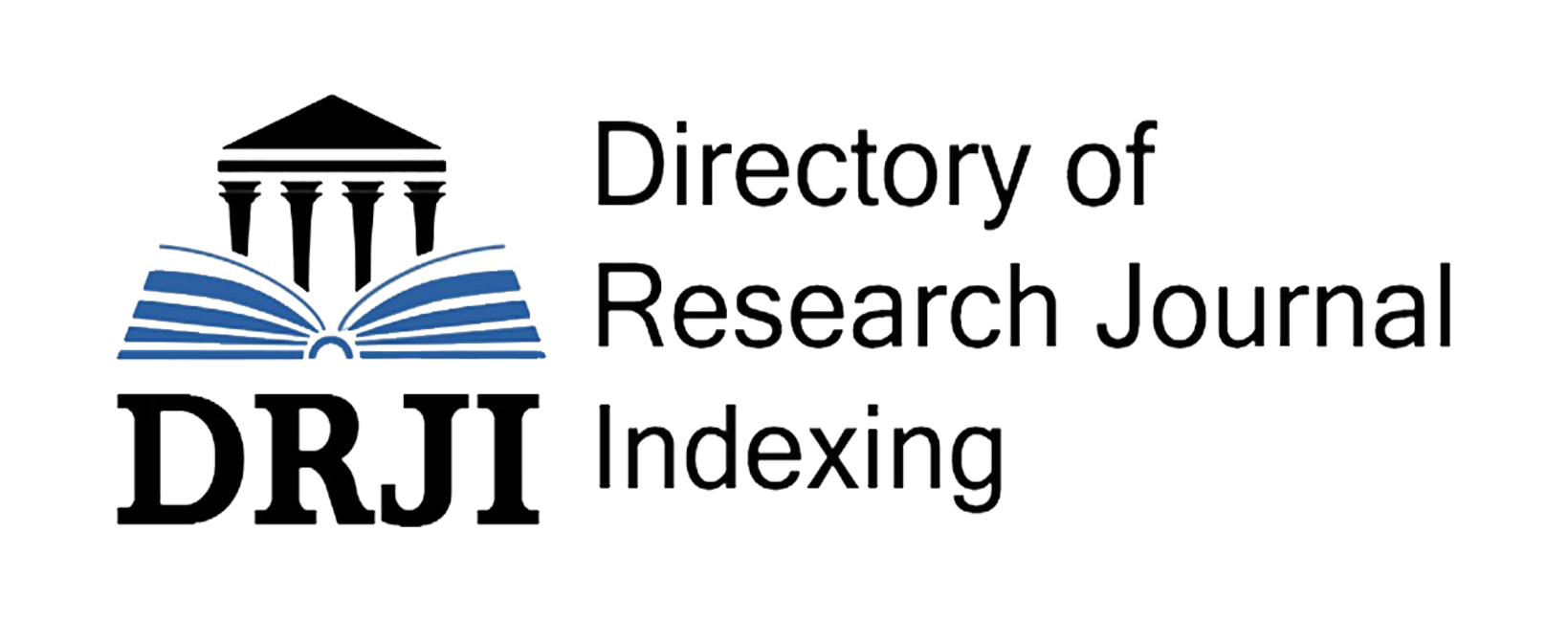THE PEDAGOGIC APPROACH TO DEVELOPING ACADEMIC RESEARCH SKILLS IN HIGHER EDUCATION
Keywords:
pedagogic approach, academic research skills, students as researchers, Academic, researcher, pedagogy emphasizinAbstract
This article deals with pedagogic approaches to developing undergraduate students’ academic research skills in higher education. ‘Students as researchers’ is an active pedagogy emphasising the process of undergraduate research and inquiry which can take place within and beyond the curriculum to develop student knowledge and understanding and in some cases contribute to the broader knowledge base of their discipline. All undergraduate students in all higher education institutions should experience learning through, and about, research and inquiry. In undergraduate research, students learn and are assessed in ways that come as close as possible to the experience of academic staff carrying out their disciplinary research.
References
Anderson, J. and Priest, C. ‘Developing an inclusive definition, typological analysis and online resource for Live Projects’, in H. Harriss and L. Widder (Eds.) Architecture Live Projects. Pedagogy into practice, Oxford: Routledge. 2014.
Healey M. and Jenkins, A. Developing undergraduate research and inquiry. York: Higher Education Academy. 2009. p. 3
Healey M., Flint A., and Harrington K. Engagement through partnership: students as partners in learning and teaching in Higher Education. York: HEA. 2014. p.42
Healey M., Lannin L., Stibbe A. and Derounian J. Developing and enhancing undergraduate final year projects and dissertations. York: HE Academy. 2013.
Hodge P. et al. Revisiting ‘how we learn’ in academia: practice-based learning exchanges in three Australian universities, Studies in Higher Education, 36(2). 2011. p. 167, 183.
Kuh G.D. and O’Donnell, K. Ensuring Quality and Taking High-Impact Practices to Scale. Washington, DC: American Association of Colleges and Universities. 2013.
Lambert C. Pedagogies of participation in higher education: a case for research-based learning, Pedagogy, Culture & Society, Vol 17. 2009. p. 295-309.









